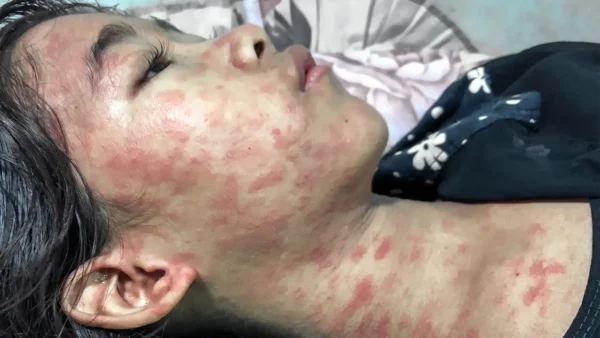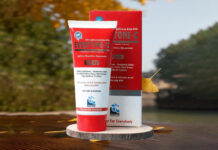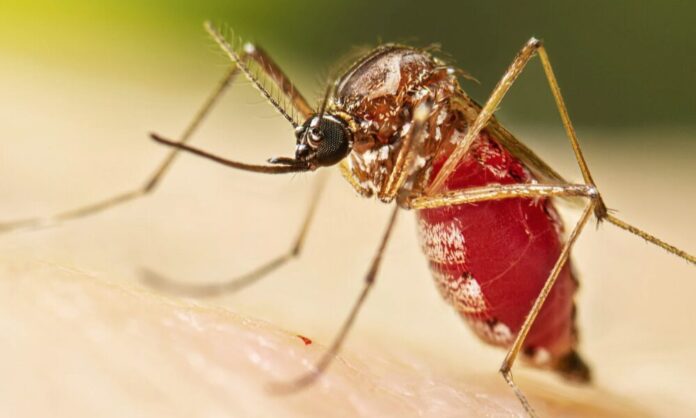Chikungunya is a disease spread through mosquito bites. This infection is transmitted to humans by infected mosquitoes. The symptoms like fever, severe joint pain, headaches, muscle pain, rashes, and fatigue after a mosquito bite may indicate it. While rarely fatal, it can cause long-term joint pain and discomfort. Here’s a simple guide to preventing and controlling chikungunya.
Read more: Facial Temperature: A New Tool for Detecting Diseases
Prevention Tips
- Avoid Mosquito Bites: Since chikungunya spreads through mosquito bites, protecting yourself from mosquitoes is essential. Wear long-sleeved clothing, use insect repellent, and stay in air-conditioned or screened-in rooms.
- Use Mosquito Nets: If you sleep during the day when mosquitoes are most active, use bed nets to prevent bites, especially in areas without air conditioning or screens.
- Eliminate Breeding Sites: Mosquitoes breed in stagnant water. Regularly check your home for standing water in flower pots, tires, or containers, and clear it out. Keep water tanks and containers covered.
- Use Mosquito Repellents and Sprays: Applying DEET-based insect repellents or using insecticide sprays around your home can reduce mosquito populations.
- Install Window Screens: Ensure that your doors and windows are fitted with screens to keep mosquitoes out of your home.

How To Control Chikungunya
- Early Diagnosis and Treatment: If you experience symptoms, seek medical attention immediately and do not delay it for later. Treatment is mainly supportive, focusing on managing fever and pain.
- Rest and Hydration: Get plenty of rest, drink fluids to prevent dehydration, and take over-the-counter pain relievers to ease discomfort.
- Community Involvement: Participate in community clean-up campaigns to reduce mosquito breeding grounds. Spread knowledge about the virus and help others prevent getting it as well.
These simple yet effective preventive measures can reduce the risk of chikungunya.
Stay tuned to Brandsynario for more news and information.










































